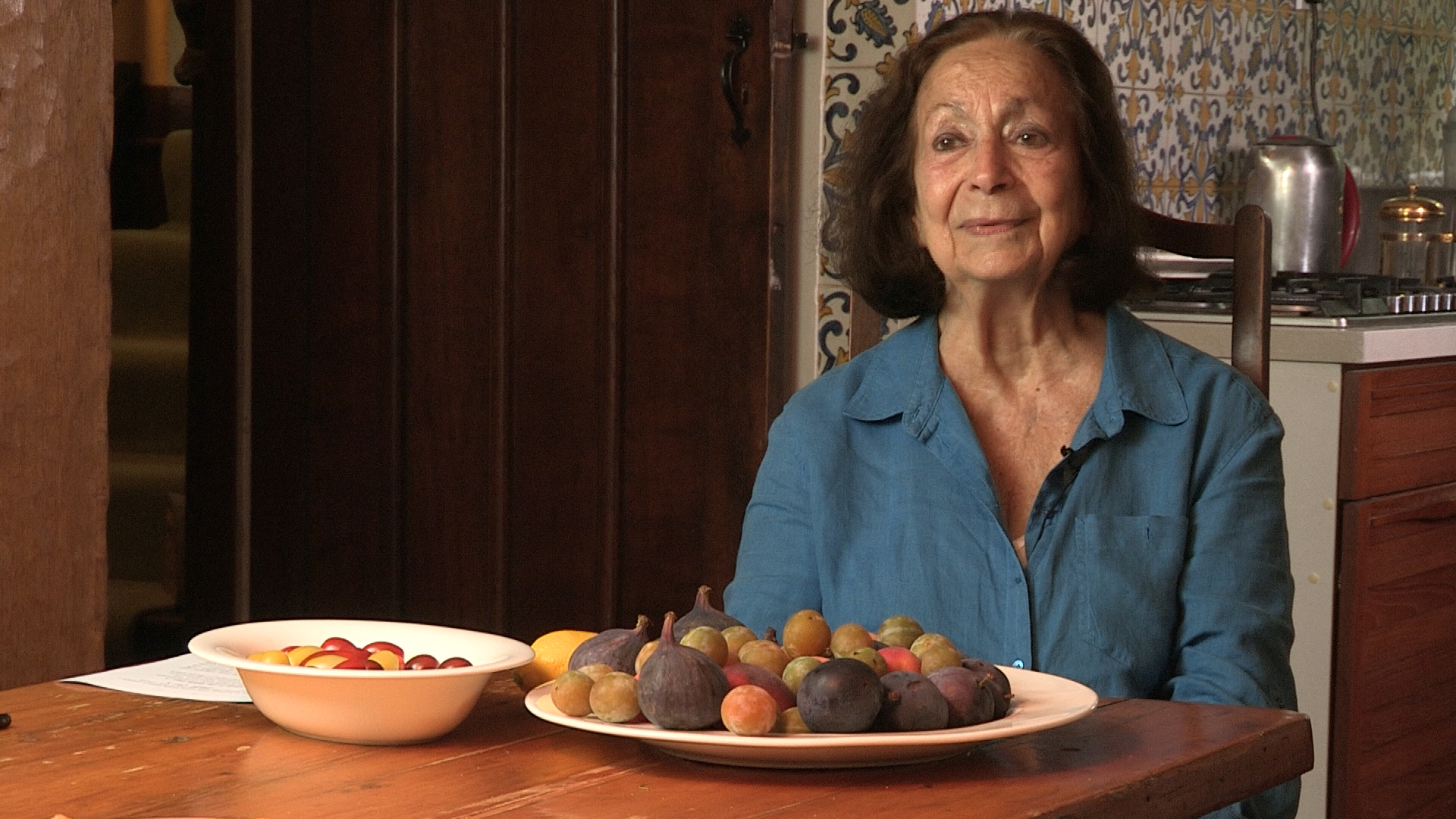NEXT STORY

Nannies in Egypt did not cook
RELATED STORIES

NEXT STORY

Nannies in Egypt did not cook
RELATED STORIES


|
Views | Duration | |
|---|---|---|---|
| 151. My nanny | 05:00 | ||
| 152. Nannies in Egypt did not cook | 03:05 | ||
| 153. Wet nurses in Egypt | 01:30 | ||
| 154. Nannies in Jewish families | 03:22 | ||
| 155. The best dressed girl in the village | 02:14 |

My nanny... her mother had been a wet nurse in Egypt. And she had died in Egypt when my nanny was a baby or a little girl. She hardly knew her mother. And her mother had sent her things like a little parasol. And a doll. But for her, they were the most precious things. She never knew her mother. And then there came a stepmother. And the stepmother had five sons. So, she helped to look after the sons. And then to earn money she went to Italy because it was part of Italy, and they were not allowed to speak Slovene. Except in church or in their homes. And so, she had learnt Italian at school. All of the country had to speak only Italian. And so, when they found that the job that she had got was with a man in Trieste, she was brought back. And they said, 'You have to marry'. And they told her she should marry a man, a widower who had four children. And she was very young. She was just out of school. And she didn't really want to marry that man. And so they didn't know... they told her then to go and become a nun. And so, she was a novice nun. But she was trying desperately to be a nun. But when her stepmother and her father decided that she should go and be a nanny and send money back.
They went to the priest – that's what her family told me, not her. She never ever told me that. She never told me she was a novice nun. We didn't know. She was just very religious. And they went to the priest, and they told the priest, 'Please tell her she's not so good as a nun, that she should go. And her most important thing is to earn money for her family. Because they are starving'. They weren't starving because they made their own salamis, their own cheese. They were peasants, they were farmers. And... but she went too Egypt. And all her life in Egypt was in church and she stayed all the time. She didn't come to us first. She went to a family in Alexandria. And she thought they didn't treat her well. She never complained about anything. But she told us the woman who had employed her had a key to the tea and the coffee and the sugar. So, she couldn't just go and make herself a cup of tea. But my mother was very generous. We were generous. And so when she came, she gave her all the love she had to give to the children who she looked after. And that's what all the women who came... which was a lot, all the people I knew had a Slovene nanny. Mostly the Jews. Because the Muslims had young nannies from the village. They could have nine or ten. It was usual. And that's what film maker – who made a film of this... Slovene film – he asked me, 'Why did they go to Jews?' And I said, 'Because the Muslims had... and the Christians too, had young maids'. But they did go to Christians as well, like Boutros Boutros-Ghali. And so, she eventually come to us I think when she was 30. Maybe she would have been younger.
Claudia Roden (b. 1936) is an Egyptian-born British cookbook writer and cultural anthropologist of Sephardi/Mizrahi descent. She is best known as the author of Middle Eastern cookbooks including A Book of Middle Eastern Food, The New Book of Middle Eastern Food and The Book of Jewish Food.
Title: My nanny
Listeners: Nelly Wolman
Claudia Roden talking to her granddaughter Nelly Wolman about her life in food.
Tags: Egypt
Duration: 5 minutes
Date story recorded: September 2022
Date story went live: 04 December 2023